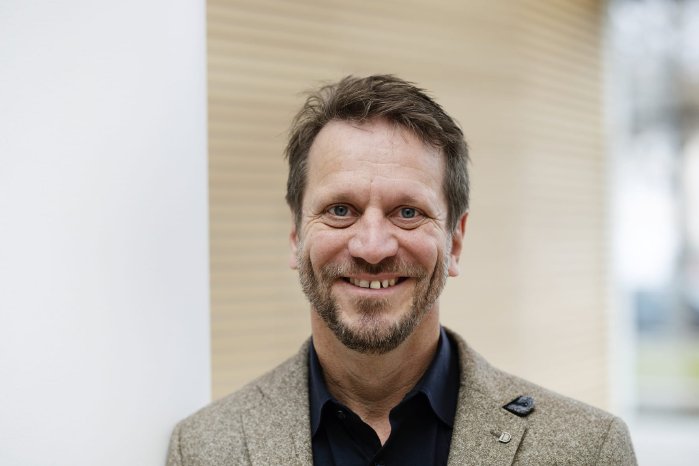“Because we have hired over 800 additional experts in recent years and have shortened our approval times by twenty per cent since 2021 through even greater efficiency, we can now take on new customers,” says Manfred Appel, Director Medical Device Testing at TÜV SÜD. “Across all scopes (areas of application) and even for complex technical innovations such as implantable sensors, artificial intelligence or augmented reality applications.”
In total, TÜV SÜD employs more than 600 Medical & Health Services employees at over 30 locations in Germany and more than 1,400 internationally. The existing structures have been made even more customer-centred. “Our aim is to respond to customer enquiries within 48 hours,” Manfred Appel continues. “A dedicated team looks after new customers according to the 'one face to the customer' principle. All processes are seamlessly interlinked and the relevant departments are in constant dialogue.”
This is necessary because the new regulation has tightened the requirements: Extensive documentation, complex assessment and detailed verification obligations are just a few examples. “Because this makes the issue of time to market even more important for manufacturers, pragmatic, predictable and quality-assured processes are crucial,” says Manfred Appel. “This allows manufacturers, Notified Bodies and the authorities to plan better while maintaining the high safety level of the products.”
To this end, TÜV SÜD has optimised the processes with so-called hybrid audits. Using firmly implemented “structured dialogues”, manufacturers can enter into an exchange with the notified body before an application has been submitted. Data is exchanged digitally and securely via the new digital TÜV SÜD Unified Customer Interface (UCI). The progress of the project is presented there transparently. Checklists help to ensure that the documentation is complete. Last but not least, procedure reviews reduce the number of change notifications to be assessed by TÜV SÜD. TÜV SÜD supports start-ups, SMEs and large companies in the early stages of development to ensure that they can master these reliably. This is where the principle of “fail early, fail cheap and succeed faster” comes into play. Necessary adjustments can be made without time pressure and investments in the next development stage can be secured. Those who adapt to innovations in good time not only benefit from legal compliance and improve their competitive position.
Still looking for new colleagues
The MDR and IVDR auditors, inspectors and certifiers at TÜV SÜD work for innovative start-ups, family-run SMEs and large international companies. The highly motivated team wants to continue to grow with and for the medical technology market. Manfred Appel: “Anyone who likes to work in an interdisciplinary and independent manner and think outside the box is very welcome here.”
About the MDR, the IVDR and Notified Bodies
With the Medical Device Regulation (MDR) and the In Vitro Diagnostic Regulation (IVDR), the EU is harmonising and tightening up the regulation of medical devices and in vitro diagnostics. The MDR replaces the previous Medical Device Directive (MDD). The IVDR replaces the In Vitro Diagnostics Directive (IVDD). Both new regulations are intended to improve safety and transparency as well as the free movement of goods within the EU. The increased complexity in each case sometimes requires longer processing times. Due to the high requirements for accreditation, the number of Notified Bodies has fallen in recent years. TÜV SÜD is one of the few Notfied Bodies that are accredited for all scopes (areas of application).
Further information on TÜV SÜD services:
- https://www.tuvsud.com/en/industries/healthcare-and-medical-devices/medical-devices-and-ivd/medical-device-market-approval-and-certification/medical-device-regulation/info-on-mdr-transition
- https://www.tuvsud.com/en/industries/healthcare-and-medical-devices/medical-devices-and-ivd/medical-device-market-approval-and-certification/medical-device-regulation


